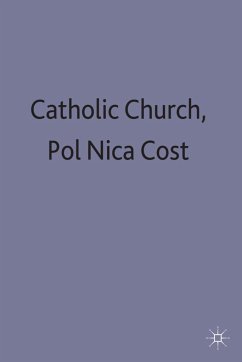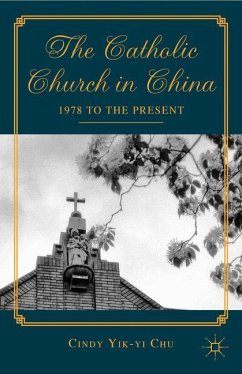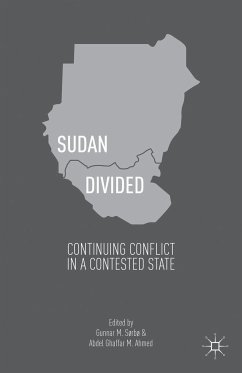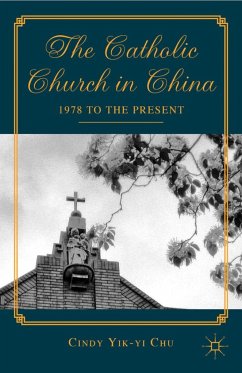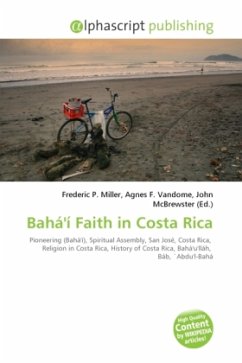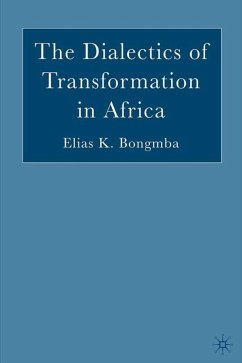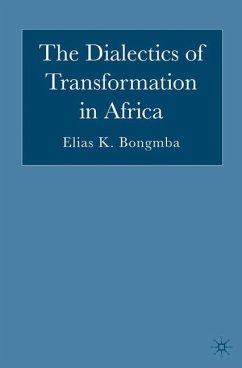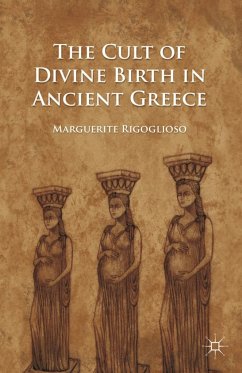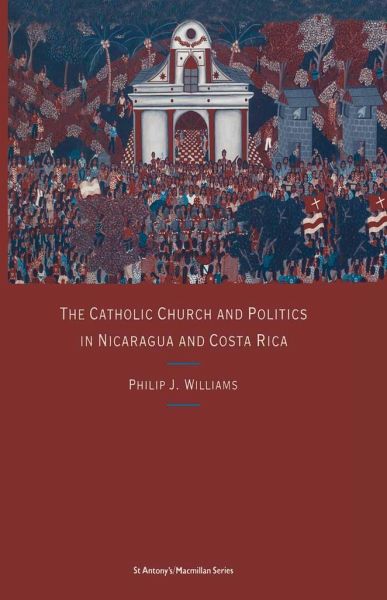
The Catholic Church and Politics in Nicaragua and Costa Rica
Versandkostenfrei!
Versandfertig in 6-10 Tagen
76,99 €
inkl. MwSt.
Weitere Ausgaben:

PAYBACK Punkte
38 °P sammeln!
Unlike most recent studies of the Catholic Church in Latin America, Philip Williams' book sets out ot analyse the Church in two very dissimilar political contexts - Nicaragua and Costa Rica. Despite the obvious differences, Williams argues that in both cases the Church has responded to social change in a remarkably similar fashion. The efforts of progressive clergy to promote change in both countries has been largely blocked in both hierarchs, fearful that such change will threaten the Church's influence in society. Based on extensive first-hand research, this book is a welcome contribution to...
Unlike most recent studies of the Catholic Church in Latin America, Philip Williams' book sets out ot analyse the Church in two very dissimilar political contexts - Nicaragua and Costa Rica. Despite the obvious differences, Williams argues that in both cases the Church has responded to social change in a remarkably similar fashion. The efforts of progressive clergy to promote change in both countries has been largely blocked in both hierarchs, fearful that such change will threaten the Church's influence in society. Based on extensive first-hand research, this book is a welcome contribution to the current debate over Central America.





